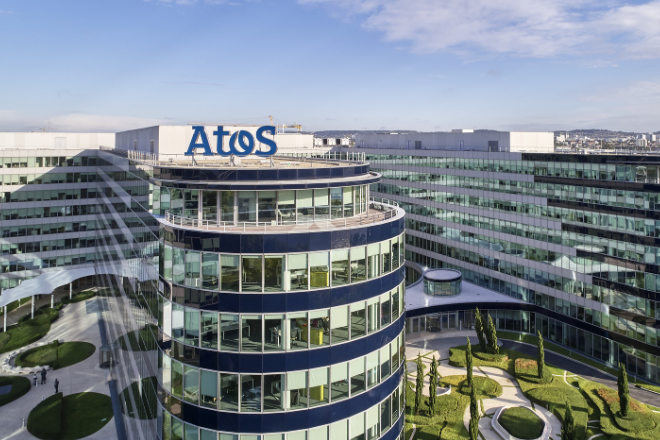Recession is here again, meaning deals proliferate as companies sell off underperforming operations and divest anything other than their core business. Against this climate signals French IT giant Atos, with news in October that it plans to split into two publicly listed companies by mid-2023.
Is the move a textbook story of a company trying to survive tech recession? Not quite; Atos has been struggling since a rocky 2021, in which it lost not just two bosses but half of its market value because of accounting errors, along with the chance to buy US rival DXC.
In response, Atos is considering spinning off and combining its cybersecurity arm BDS with its digital services operations under – rather confusingly – the new name of SpinCo before rebranding to Evidian. The remaining part of Atos will include its IT infrastructure management services as part of its Tech Foundations business line – also the main cause of the company’s losses.
Things seemed to be looking up this month with the news that Atos had signed a contract with Siemens IT to deliver SIAM services. Whether one could regard this a big customer win depends on overlooking the already close relationship between the pair: Atos, after all, acquired Siemens IT in 2011.
What’s more interesting with Atos are the recent ventures into next-gen tech: supercomputers, computer vision, quantum collaboration with IBM. Of course, interesting doesn’t necessarily translate into profit.
Since announcing its split intentions, there has been apparent outside interest in purchasing Atos’ Tech Foundations segment. But buyer beware: the infrastructure and private cloud business, which helps customers shift from traditional to next-gen infrastructures, is one in decline as classic data centre activity falls out of fashion.
Compare this to Atos’ digital business, which under the spin-off plan would potentially have 50,000 employees plus strong partnerships with leading software vendors and hyperscale cloud providers. It currently makes $3.6bn in revenue, making it the largest part of the company as a whole. Atos’ big data and security business meanwhile has 9,000 employees, and generated $1.5bn for the 2021 fiscal year.
The Atos story therefore is more one of digital pivot than recession gloom. Whether both spin-offs survive and thrive depends on leadership; the digital side of SpinCo (Evidian) will be led by Philippe Oliva, the co-CEO who comes armed with plenty of experience at IBM and Eutelstat. Compare this with group CEO Nourdine Bihmane, who has been an Atos man all his life.
Digital is all well and good, but sometimes a little bit of diverse experience is needed, one might say.




